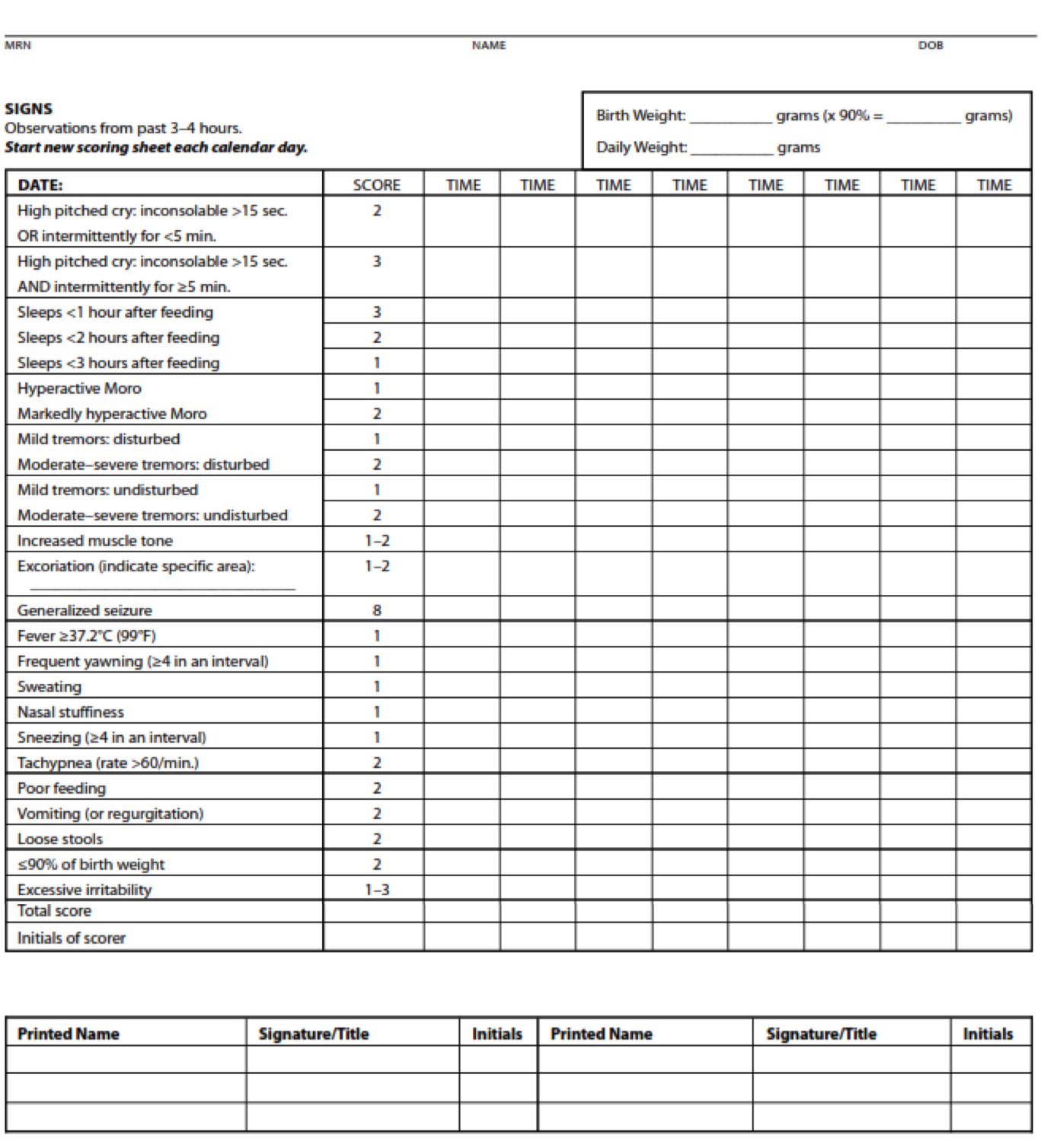Crack Cocaine Abuse: How to Get off the Drug
- Cocaine Withdrawal Symptoms Uk Government
- Cocaine Withdrawal Symptoms Treatment
- Cocaine Withdrawal Symptoms Tachycardia
- Cocaine Withdrawal Symptoms Uk Gov
- Cocaine Withdrawal Symptoms Pupils
- Does Cocaine Have Withdrawal Symptoms
However, Detox Plus UK do recognise that just like any other drug, when an individual develops a dependence, withdrawal symptoms occur on stopping cocaine. Cocaine detox is a medically prescribed short course of medication that alleviates cocaine withdrawal symptoms. In the second phase, the withdrawal phase, the symptoms are typically less severe and consist of intermittent cravings to use cocaine, periods of fatigue, periods of irritability or nervousness, depression, increased sensitivity to stress, problems with attention, difficulty concentrating, and difficulty learning new information.
The effects of crack are the most dangerous of any form of cocaine, and the drug also has a very high potential for abuse due to how it affects the body. Users, even first-timers, can easily become addicted because they might want to take the drug repeatedly, in short intervals, to maintain the euphoria and excitement that come with using crack.

Withdrawal symptoms of crack abuse are more severe and dangerous than those of normal cocaine, because of crack’s mechanism of action. Managing withdrawal can be difficult, but with medical help, these symptoms can be alleviated. Symptoms can be best managed through a medically-assisted detox process which will help flush the remnants of crack from your body in a safe manner.
Putting an end to your compulsive use of crack cocaine is possible but can be very difficult due to withdrawal. Most users continue to abuse the drug over a long period due to the fear of withdrawal symptoms. Smoking crack will cause you to become tolerant and dependent on the drug, which means your body will require the drug in incremental doses to remain functional.
To get off the drug, it needs to be adequately removed from your system, to see your body regain its chemical balance and begin to function normally again. Doing this for good requires medical help to ensure the best outcome and significantly reduce the risk of a relapse.
Cocaine timeline of withdrawal
Cocaine Withdrawal Symptoms Uk Government
Whether you use cocaine every day or binge for days then stop suddenly, the timeline of cocaine withdrawal consists of three different stages (1,3)

First stage of cocaine withdrawal timeline
This stage occurs within 24 hours of stopping using cocaine and lasts for around 7 days. Physical cocaine cravings will be at their most intense during this period of withdrawal.
Symptoms of the first stage of cocaine withdrawal typically include:
- Anxiety
- Depression
- Increased appetite
- Irritability
- Extreme fatigue
- Lack of motivation
- Cocaine cravings
Second stage of cocaine withdrawal timeline
The second stage of cocaine withdrawal can last anything up to ten weeks – without a medical cocaine detox.
Physically the person may start to feel better but this is when psychological symptoms can be at their worst.
Cocaine Withdrawal Symptoms Treatment
Typical second stage symptoms include:
Cocaine Withdrawal Symptoms Tachycardia

Cocaine Withdrawal Symptoms Uk Gov

- Anxiety
- Lethargy and demotivation
- Mood changes
- Depression
- Difficulty concentrating
- Restlessness
- Dysphoria
- Cocaine cravings
Third stage of cocaine withdrawal timeline
The third and final stage of cocaine withdrawal can last for up to 6 months after quitting cocaine. Whilst the vast majority of symptoms will now have dissipated, third stage cocaine withdrawal symptoms include:
Cocaine Withdrawal Symptoms Pupils
- Depression
- Mood changes
- Some cravings for cocaine
Does Cocaine Have Withdrawal Symptoms
The first, second and third stage of cocaine withdrawal is likely to be more evident in those that have suffered a heavy cocaine addiction and have stopped suddenly without medical and therapeutic treatment.
Those that do not undergo professional cocaine treatment are far more susceptible to developing Post Acute Withdrawal Syndrome (Paws). Paws stage consists of third stage symptoms that can come and go for up to a year, sometimes longer (4)
